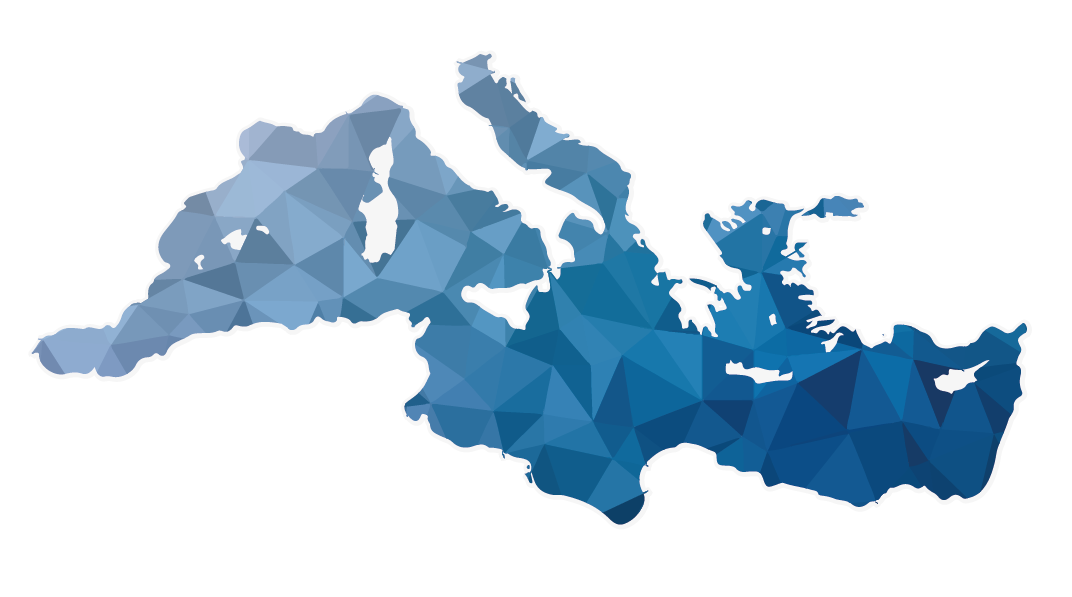The team
Project management
Christoph Schäfer is head of the project and an expert on Roman economic history and maritime connections. Since 2003, he has been researching maritime connectivity with the help of various reconstructions of Roman ships, such as most recently the “Bissula”, a Lauron II type merchant ship, which was christened in Trier in 2019. He has been a professor at the University of Trier since 2008. He is also director of the Trier Institute for Research on the Transfer of People, Goods and Ideas from Antiquity to the Present(TRANSMARE). His main research interests are in Hellenism, especially in the form of legitimation of rule among the successors of Alexander the Great, in the social and economic history of the Roman Republic and Imperial period, in the history of Late Antiquity up to the Migration Period, and especially in the history and technology of ancient navigation.
Contact:
christoph.schäfer@uni-trier.de
Team members of the University of Trier
Julian Heinz is responsible for project coordination and implementation of the web-based research tool in DIMAG. He studied computer science, history, German language and literature, and educational sciences in Trier and has been a research assistant since August 2021. His PhD project includes data collection and evaluation of the reconstruction of the Roman merchant ship “Bissula”, which provides important sailing data for the route simulation in DIMAG.
Contact:
heinzj@uni-trier.de
Mateo Gonzalez-Vasquez received his PhD from the Universitat de Barcelona with a thesis on “Food Storage among the Iberians of the Iron Age North-West Mediterranean.” His research interests include Roman colonialism and the Iron Age in the Iberian Peninsula, and especially ancient economic history. As an amphora specialist, Gonzalez-Vasquez is making an important contribution to the historical background research for the project.
Contact:
gonzalezvaz@uni-trier.de
Sascha Weiler studied history and classical philology at the University of Trier. Since 2016, he has been a research associate with Christoph Schäfer. In his doctoral project he deals, among other things, with the ports in southern France in antiquity. He was instrumental in the construction from 2017-2019 and has since been involved in the test runs of the cargo sailer “Bissula”. His research interests include Latin epigraphy and Roman seafaring.
Contact:
weilers@uni-trier.de
Julian Degen received his doctorate in 2020 from the University of Innsbruck on the topic of “Alexander III between East and West. Indigenous Traditions and the Staging of Rule in the Macedonian World Empire.” He has been a research associate at the University of Trier since 2021. With his historical background research on the literary sources, he makes an important contribution to the long-term project. His research interests include Greek historiography.
Contact:
degen@uni-trier.de
Marc Thome studied physics at Saarland University. Since 2020, he has been a Research Associate in Theoretical Physics at UdS. In the course of his studies and his work as a research assistant, he has built up extensive development knowledge in Python and C++. Therefore, he has been employed in DIMAG since December 2022 as a C++ software developer for the further development of the route simulation software.
Contact:
thome_marc@yahoo.com
Sophie Kröner studies History, Ancient Greek and Educational Sciences at the University of Trier. The project supports them in web development and public relations as well as background research. She is also a permanent crew member of the research vessel “Bissula”.
Contact:
s2sokroe@uni-trier.de
Peter Johann studies history and archaeology at the University of Trier. He has been a key team member on the “Laurons 2” project since construction began in 2017 and supports the long-term project, especially during the test runs of the “Bissula” as a boat operator and in maintenance, as well as through background research.
Contact:
s3pejoha@uni-trier.de
Amon Traxinger studies history and archaeology at the University of Trier and currently at the University of Bologna. Together with Peter Johann, he made a decisive contribution to the construction success of the “Bissula” and has been a permanent team member ever since, among other things as the “Bissula’s” boatmaster. Furthermore, he is responsible for the repair.
Contact:
s3amtrax@uni-trier.de
Team members of Trier University
Karl Hofmann-von Kap-herr is Professor of Mechanical Engineering at Trier University of Applied Sciences. His research focuses on machine tools and production systems, assembly automation, and medical technology. Within the project, his work area is responsible, among other things, for drag tests to determine the resistance values of the “Bissula” and 1:3 reconstructions, as well as for equipping the measurement electronics.
Michael Hoffmann is head of the Digital Product Development and Manufacturing (CAD, CAM) department at Trier University of Applied Sciences. In the project, he is responsible for the simulation of the ships to be reconstructed. Already during the construction of the “Bissula” he supported the reconstruction with the help of simulations of the ship.
Contact:
hoffmann@hochschule-trier.de
Fritz Nikolai Rudolph is Professor of Computer Science at Trier University of Applied Sciences. In the project he is responsible for the further development and adaptation of the route simulation software OpenCPN.
Contact:
rudolph@hochschule-trier.de
External consultants
Pascal Warnking received his PhD from the University of Trier in 2015 with a thesis on Roman maritime trade. In his pioneering approach, he combined modern route simulation with business models and issues. In doing so, he not only made a valuable contribution to research into maritime connectivity, but also provided the basic approach for the entire long-term project. Within the project, he acts as a consultant whose expertise is of essential value.
Contact:
warnking@uni-trier.de

